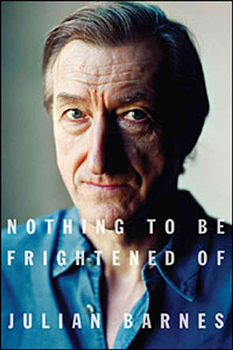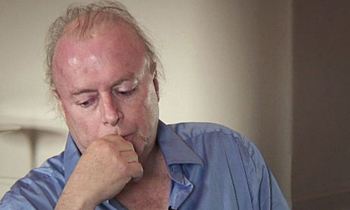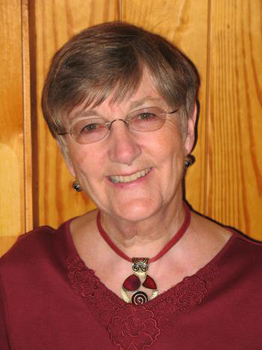Say Yes, Choose Life
For Sunday February 16, 2014
Lectionary Readings (Revised Common Lectionary, Year A)
Deuteronomy 30:15–20
Psalm 119:1–8
1 Corinthians 3:1–9
Matthew 5:21–37
"See, I set before you today life and prosperity, death and destruction. Now choose life, so that you and your children may live." These ancient words from Deuteronomy 30 ricochet down to us today three millennia after they were written. Those two words capture the invitation of the gospel: "Choose life!"
The apostle Paul made a similar appeal to wealthy Christians: "Take hold of the life that is truly life." (1 Timothy 6:19).
Jesus described his vocation in similar words: "I've come that you might have life, and have it abundantly." (John 10:10).
 |
Julian Barnes. |
We should hear the invitation to choose life in the context of the greatest of all Ancient Lies: "Then the serpent said to the woman, 'Your surely will not die!'" The denial of death thus competes with the invitation to life. We must make a choice.
In the literal sense of these words, we all face clinical death. Two of my favorite atheists get high marks for their brutal candor about fear in the face of death.
In his book Nothing to Be Frightened Of, the British novelist Julian Barnes explores his fear of death. The title of his book is a clever play on words. In the materialist view of things we're told that death is nothing to be scared about. But wait, maybe death's a Nothingness that mocks any meaning to his life? In other words, "you rightly fear nothing(ness)." The certainty of personal and cosmic extinction, and the terror which absolute annihilation provokes in him, makes Barnes wistful: "I don't believe in God, but I do miss him."
Christopher Hitchens was equally honest in his posthumous book Mortality. Facing death from esophageal cancer, he contemplated the poetry of TS Eliot: "I have seen the moment of my greatness flicker, / And I have seen the eternal Footman hold my coat, and snicker; / and I am afraid." As for Philip Larkin's famous poem Aubade, with its description of fear of death, Hitchens describes it as an implied reproof of stoicism, and then concludes: "atheists ought not to be offering consolation either."
The spirit of death manifests itself in many ways long before clinical death. It's obvious in our gun violence, our predatory economics, the wasteland that is television, the degradation of creation, our punitive penal system, our dysfunctional politics, and our drug epidemic. We deny death at our funerals. We glorify death in our war propaganda. In grotesque events like Hiroshima, observed William Stringfellow, we define our national purpose.
 |
Christopher Hitchens. |
In a few weeks Christians will begin Lent by affirming rather than denying death: "Remember that you are but dust, and to dust you shall return." (Genesis 3:19).
Then with Easter we'll confess that Jesus "destroyed death" (2 Timothy 1:10), our "last enemy" (1 Corinthians 15:26). He "disarmed the powers and authorities, and made a public spectacle of them, triumphing over them by the cross" (Colossians 2:15). He "tasted death for every one," and "through death he rendered powerless him who had the power of death, that is, the devil" (Hebrews 2:9,14).
And so the paradox, that by death Jesus conquered death.
In her book There Was No Path So I Trod One (1996, 2013), Edwina Gateley's poem Called to Say Yes reminds us that our Christian calling is to say no to death in all its many forms. We can do better. And we do better by saying yes to life.
We are called to say yes.
That the kingdom might break through
To renew and to transform
Our dark and groping world.We stutter and we stammer
To the lone God who calls
And pleads a New Jerusalem
In the bloodied Sinai Straights.We are called to say yes
That honeysuckle may twine
And twist its smelling leaves
Over the graves of nuclear arms.
We are called to say yes
That children might play
On the soil of Vietnam where the tanks
Belched blood and death.We are called to say yes
That black may sing with white
And pledge peace and healing
For the hatred of the past.We are called to say yes
So that nations might gather
And dance one great movement
For the joy of humankind.We are called to say yes
So that rich and poor embrace
And become equal in their poverty
Through the silent tears that fall.We are called to say yes
That the whisper of our God
Might be heard through our sirens
And the screams of our bombs.We are called to say yes
To a God who still holds fast
To the vision of the Kingdom
For a trembling world of pain.We are called to say yes
To this God who reaches out
And asks us to share
His crazy dream of love.
Image credits: (1) National Public Radio; (2) guim.co.uk; and (3) EdwinaGateley.com.






